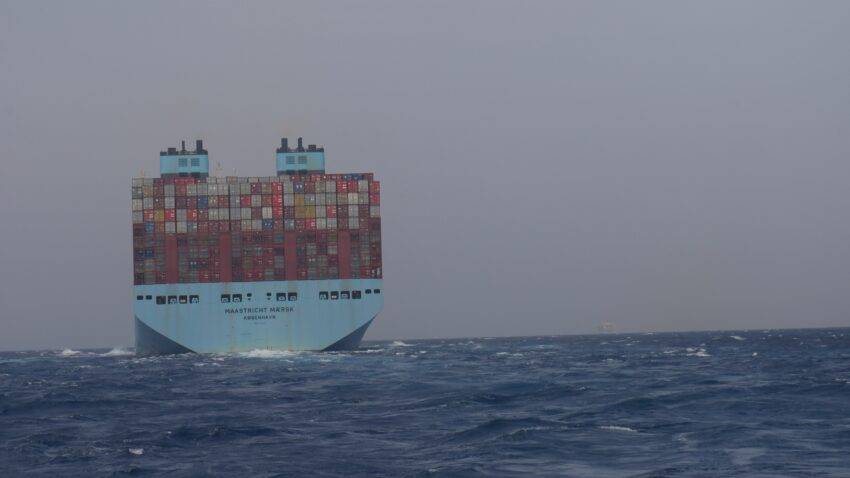Houthi rebel disruptions reaching the Straits of Hormuz could double oil prices, Goldman Sachs has warned.
In an interview the head of the company’s oil research division Daan Struyven said: “the Red Sea is a transit route and a prolonged disruption there, oil can be three or four dollars higher.
“However if you have a disruption in the Strait of Hormuz for a month, [oil] prices would rise by 20 per cent and could even eventually double if the disruption there lasted for longer,” he said.
Despite caveating that the situation was “highly unlikely”, Struyven’s comments join a collective of voices from across international business and politics decrying the situation in recent days.
Yesterday, former prime minister now foreign secretary David Cameron said in an interview to Sky News that the attacks “have to stop”.
“This is not just a British interest, it is global,” he said.
“The clear message, and over ten countries have signed a letter to the Houthis saying that these attacks are illegal and have got to stop and if they don’t, action will be taken.”
Since November, the rebels have attacked commercial shipping in the Red Sea more than 20 times using missiles, drones, fast boats and helicopters.
In response, the U.S. in December announced Operation Prosperity Guardian to step up patrols of the Red Sea and Gulf of Aden to protect commercial traffic – ships from the UK, Australia and Canada are among the other countries also involved.
Early-mid December saw the occasional minor oil price spike as a result of the actions, but the volatility has remained largely subdued as the wider market remains soft.
More significantly however has been the reaction of major shippers to the protective responses such as Prosperity Guardian.
Maersk and Hapag Lloyd, two of Europe’s largest shipping companies, have refused to use the Red Sea and Suez Canal routes, the former having had a vessel come under attack from rebels last weekend.
What began as seemingly isolated disruptions to Western commercial activities are now being seen by many to constitute targeted action in support of the Hamas cause as Israel continues to ramp up its attacks on Palestine.
Should they continue, they are likely to throw the already-chaotic state of global shipping in that area into further strife.


